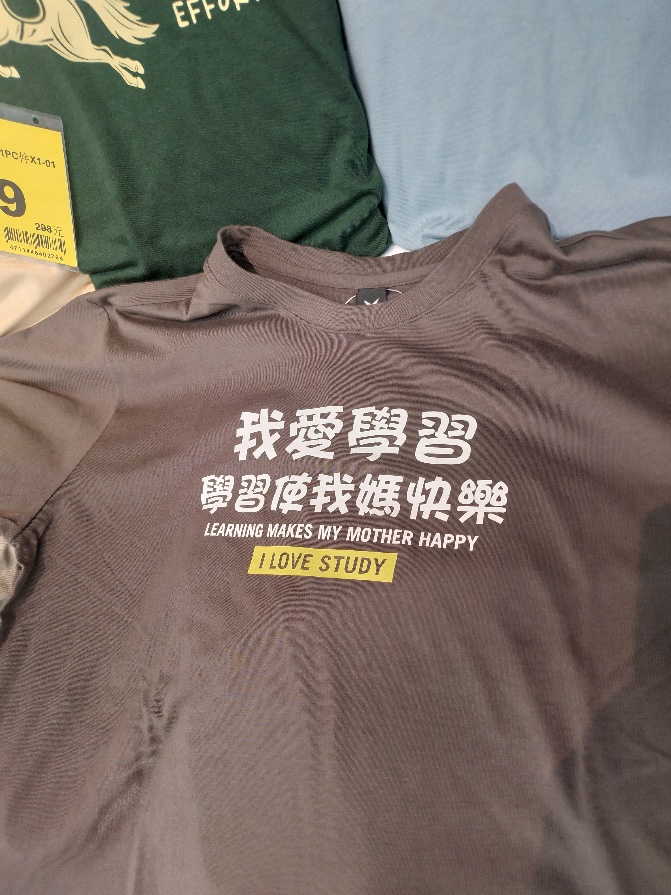Sino-Platonic Papers is pleased to announce the publication of its three-hundred-and-fifty-eighth issue, “The Dance of Qian and Kun”, by Denis Mair:
ABSTRACT: This collection of papers and interpretive essays reflects my interest in structuralism as practiced by ancient Chinese thinkers who devoted their study to the symbolism of a fertility dance. I point to evidence that the authors/compilers of the oracle used a dance of contraries as a matrix to provide context for archetypal life situations. Some of the papers present empirical evidence of architectonic, dance-like features in the overall formal matrix: oscillations, rhythms, symmetries, and gradients of integration. In other essays I present plausible readings of individual symbols. My aim in doing so is to demonstrate that the symbols contain dense patterning and conceptual seeds that encourage symbolic elaboration. For instance, I show that centrality, ebb-and-flow, rapprochement of contraries, fertility worship, and many other ideas are implicit in the text. Such implicit ideas give the text a wide range of applicability.
The interpretive essays touch upon the question of how human sacrifice, used as a display of competency by late Shang-era elites, eventually tapered off in the early to mid-Zhou era. In that period the Zhou swerved off in a new direction toward civil religion and a concern with intrinsic values of human self-understanding, which pointed the way to the teachings of a humanistic educator like Confucius. Although the internecine wars of the Zhou were violent, the act of killing was no longer put on display as an apex ritual, as it earlier had been, used, for example, to commemorate the building of construction projects in the late Shang. My analyses of specific symbols give evidence of a distinct turn toward humanistic thinking in the early to mid-Zhou.

Read the rest of this entry »

